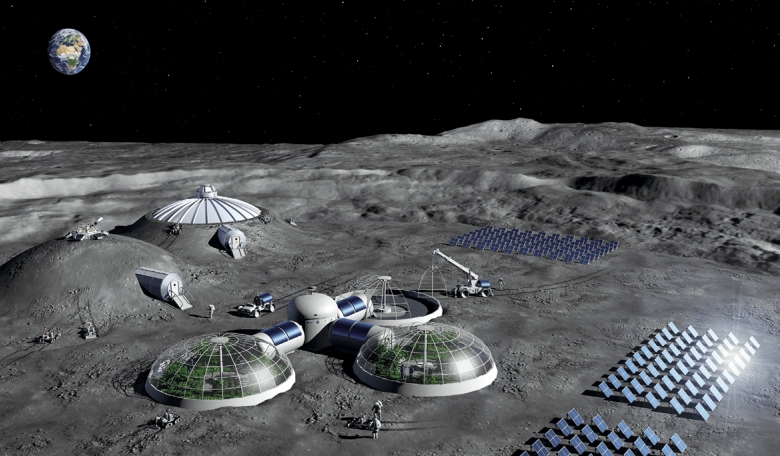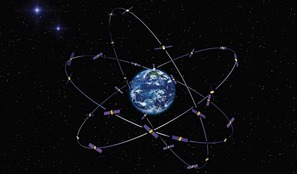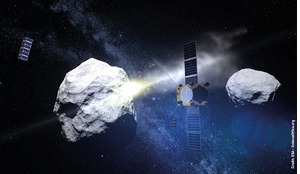As we pass the end of another decade - the sixth since humans first walked on another world - we are reminded of how much can change in 10 short years. Back in 1960, America’s human spaceflight capabilities were non-existent, but by the end of the decade two crewed modules had landed on the Moon. Not since then has so much progress been made in spaceflight in a single 10-year period… but that might be about to change.
In 2010, with the costly Space Shuttle about to be retired, the dream of future human explorers returning to the Moon seemed lost. Getting astronauts into orbit was about to become a whole lot harder, let alone landing them on the Moon, but 10 years on, and with the cost of reusable rocketry falling, commercial human spaceflight is poised to lift off. And, arguably, there’s a new lunar race on, as China, the United States and a clutch of private companies compete to carry cargo and astronauts back to the Moon. So, when it comes to human spaceflight, are the ‘swinging sixties’ of Apollo about to be outpaced by the ‘roaring twenties’ of NewSpace?














